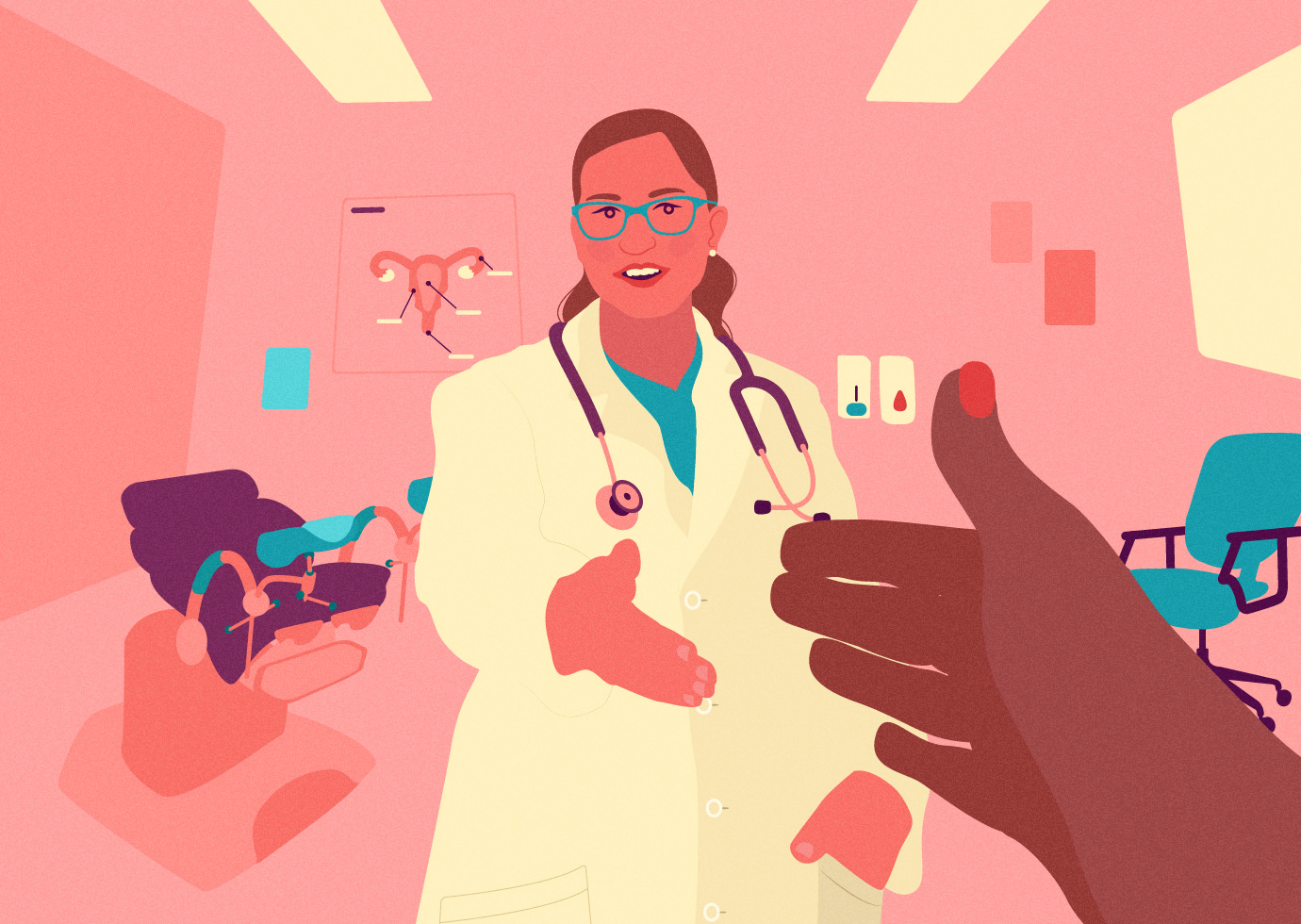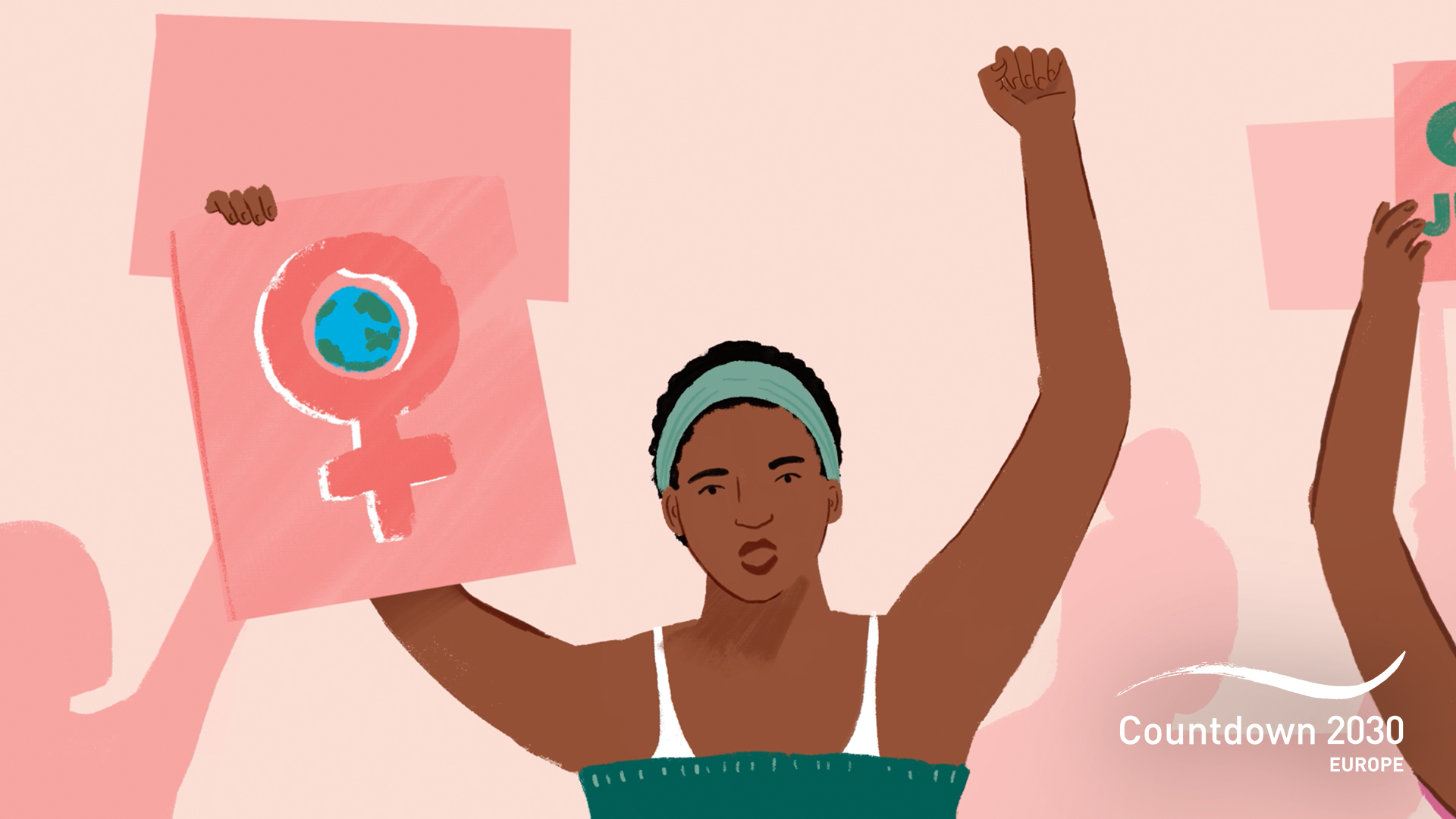Spotlight
A selection of resources from across the Federation

Abortion Care and Costs in Europe and Central Asia
IPPF EN carried out research into the economic burden that women face in accessing abortion care in Europe and Central Asia. This factsheet provides a snapshot of the findings.
Filter our resources by:


| 22 November 2022
Gynaecological and Obstetric Violence - a form of gender-based violence
The widespread and systemic mistreatment and violence against women experienced during childbirth and other reproductive health services has gained international visibility in recent years, following pioneering work in several Latin American countries to recognise and criminalise this form of gender-based violence. International institutions have also spoken out on the issue. In 2014, gynaecological and obstetric violence was acknowledged by the World Health Organisation, and in 2019 the UN Special Rapporteur on Violence against Women described it as a “serious violation of women’s human rights occurring across all geographical and income-level settings”. In Europe, the parliaments of the Council of Europe and of the European Union have very recently adopted resolutions drawing attention to this phenomenon and calling for national and European measures to tackle it. But to date, no national government has put in place legislation specifically to criminalise gynaecological and obstetric violence. This means that currently, people living in EU Member States have few legal protections or means of redress. With this in mind, IPPF EN produced this research and policy paper to provide an outline of the systemic and widespread nature of gynaecological and obstetric violence across many countries in Europe, and make recommendations to European and national decision-makers to tackle this form of gender-based violence. On this page you can download our full research and policy paper, as well as a short summary of the report. Check out IPPF EN's Safe From Harm campaign, highlighting the EU action we support to combat gender-based violence. *** This work was funded by the European Union through the Citizens, Equality, Rights and Values Programme. Disclaimer: Views and opinions expressed are those of IPPF EN and do not necessarily reflect those of the European Union or the European Commission. Neither the European Union or the European Commission can be held responsible for them.

| 16 April 2021
The link between sexual and reproductive health and rights and the climate crisis
The climate crisis is one of the greatest challenges of our time. It threatens our planet, society, and economy. Climate-related emergencies, such as extreme weather conditions are increasing, which tend to hit women and girls harder because of gender discrimination and harmful social norms. In the aftermath of a disaster, there is a risk that girls are pulled from school to take care of the household, and when there is food stress or water shortage people will marry younger, with a higher percentage of girls ending up in early, forced, and child marriages. Rural women and girls, who are usually given the task of fetching water have to travel further to collect it. Increasing their already heavy workload and putting them at greater risk of gender-based violence. Healthcare is disrupted by erratic weather, eroding the advancement of sexual and reproductive health and rights, making women and girls more vulnerable to the impacts of the climate crisis. Sexual and reproductive health and rights play a crucial role in improving wellbeing, overcoming marginalisation and advancing gender equality. When women and girls have access to sexual and reproductive health and rights they have control over their bodies, and they can address unfair power relations in their lives and lead the response to the climate crisis. If we want to achieve climate justice, sexual and reproductive health and rights and gender equality have to be prioritised. Read our factsheet on the linkages between sexual and reproductive health and rights (SRHR) and the issues included in the European Green Deal.

| 30 November 2017
Photo Gallery: Rising HIV numbers and funding cutbacks - Macedonia at the crossroads
This article was written in September 2017. Since then, thanks to the work of NGOs including our member HERA, Macedonia’s government has committed to providing long-term funding for all HIV programmes for marginalised people. Although HIV prevalence is low in Macedonia, with only 151 people registered as living with HIV, these small numbers mask a complex picture, and one that is rapidly changing. In 2016, there were 40 new HIV diagnoses, the majority of them among men who have sex with men. Macedonia is not alone in facing a rise in HIV cases. In many parts of Central and Eastern Europe, the rate of new infections is growing. Between 2010 and 2015, the region saw a 50 per cent rise in new HIV infections annually. Another looming problem that threatens to send Macedonian HIV rates spiralling upwards is a funding crisis precipitated by donor cutbacks and political uncertainty. Between 2004 and 2016, Macedonian HIV programmes received almost $25 million from the Global Fund to Fight AIDS, Tuberculosis and Malaria. Much of this money was channelled into HIV prevention, funding NGOs that target those deemed most vulnerable to infection – sex workers, people who inject drugs, men who have sex with men and prisoners. But in 2016 this funding was phased out and NGOs on the frontline are left hoping that the new government will deliver fully on a recent commitment to step in with similar levels of funding in 2018. In the chasm left by the country’s public healthcare system, Macedonia’s sexual health and rights NGOs work tirelessly to plug the gap, often on a shoestring and in an increasingly uncertain funding landscape. HERA, IPPF's member in Macedonia, is a leading NGO providing free HIV testing services, sexual health support and advocacy. It works closely with smaller organisations around the country to ensure support for young people, sex workers, people who inject drugs and men who have sex with men. These NGOs are many people’s first port of call for HIV tests and other vital health care.

















